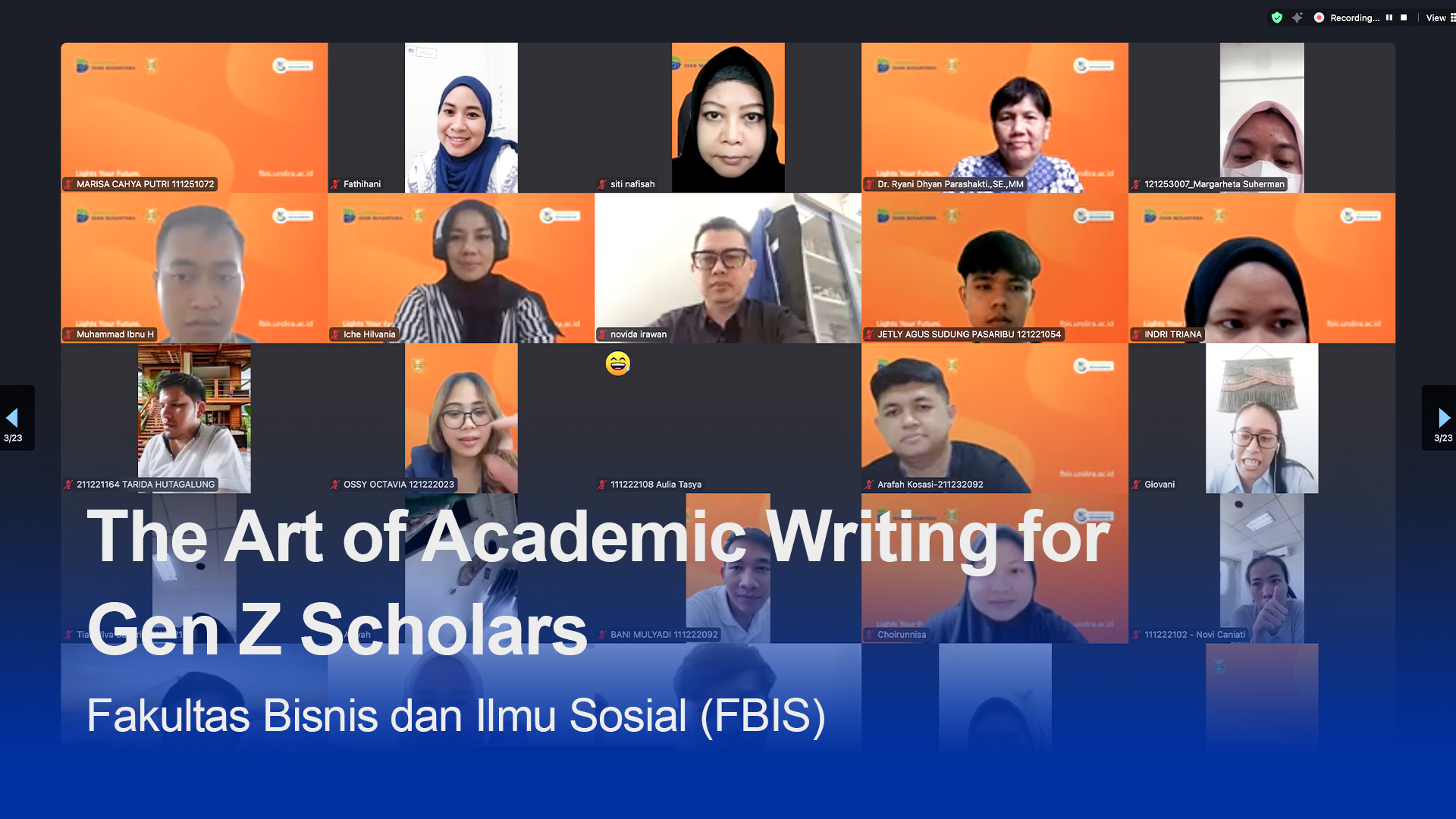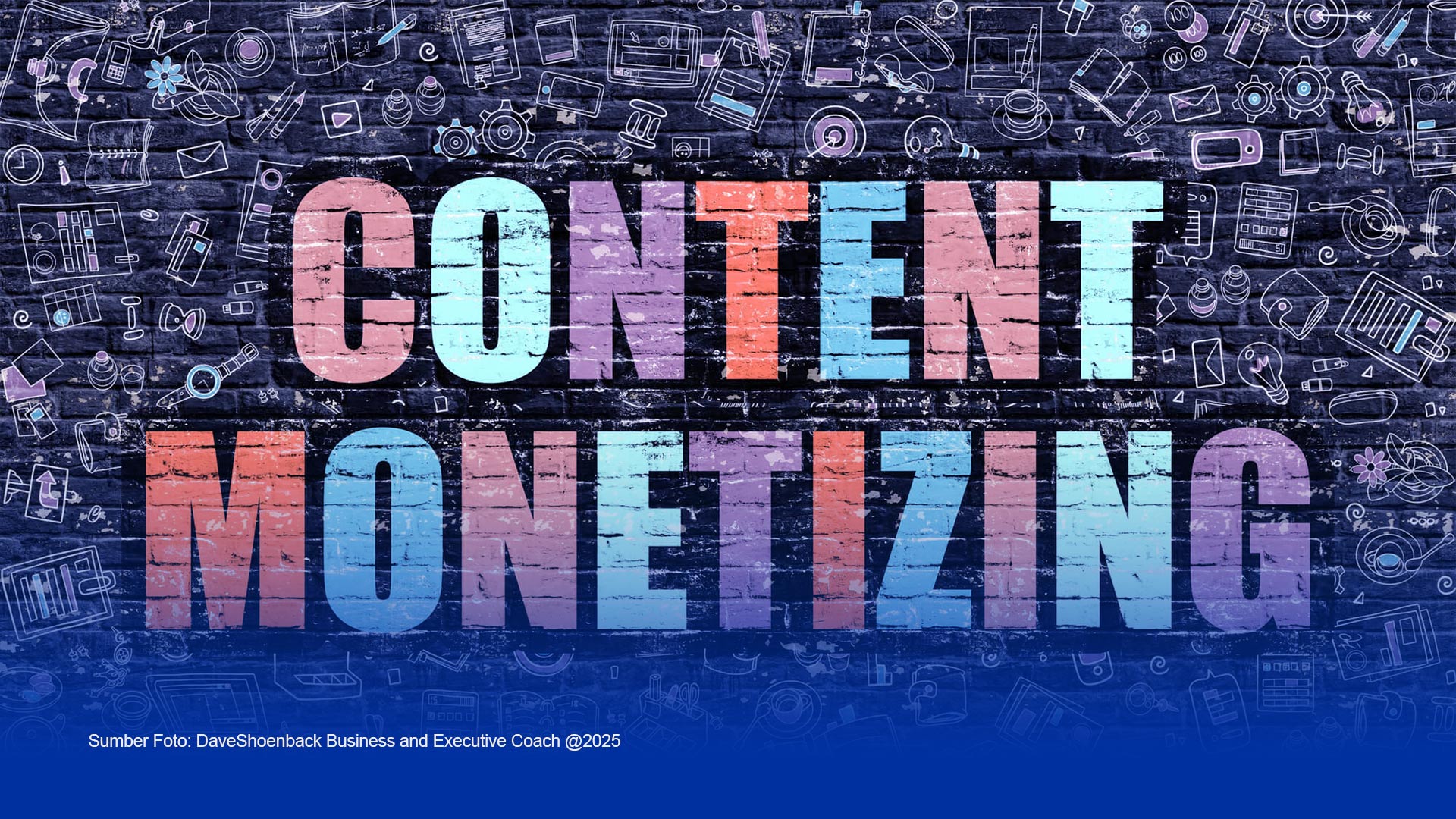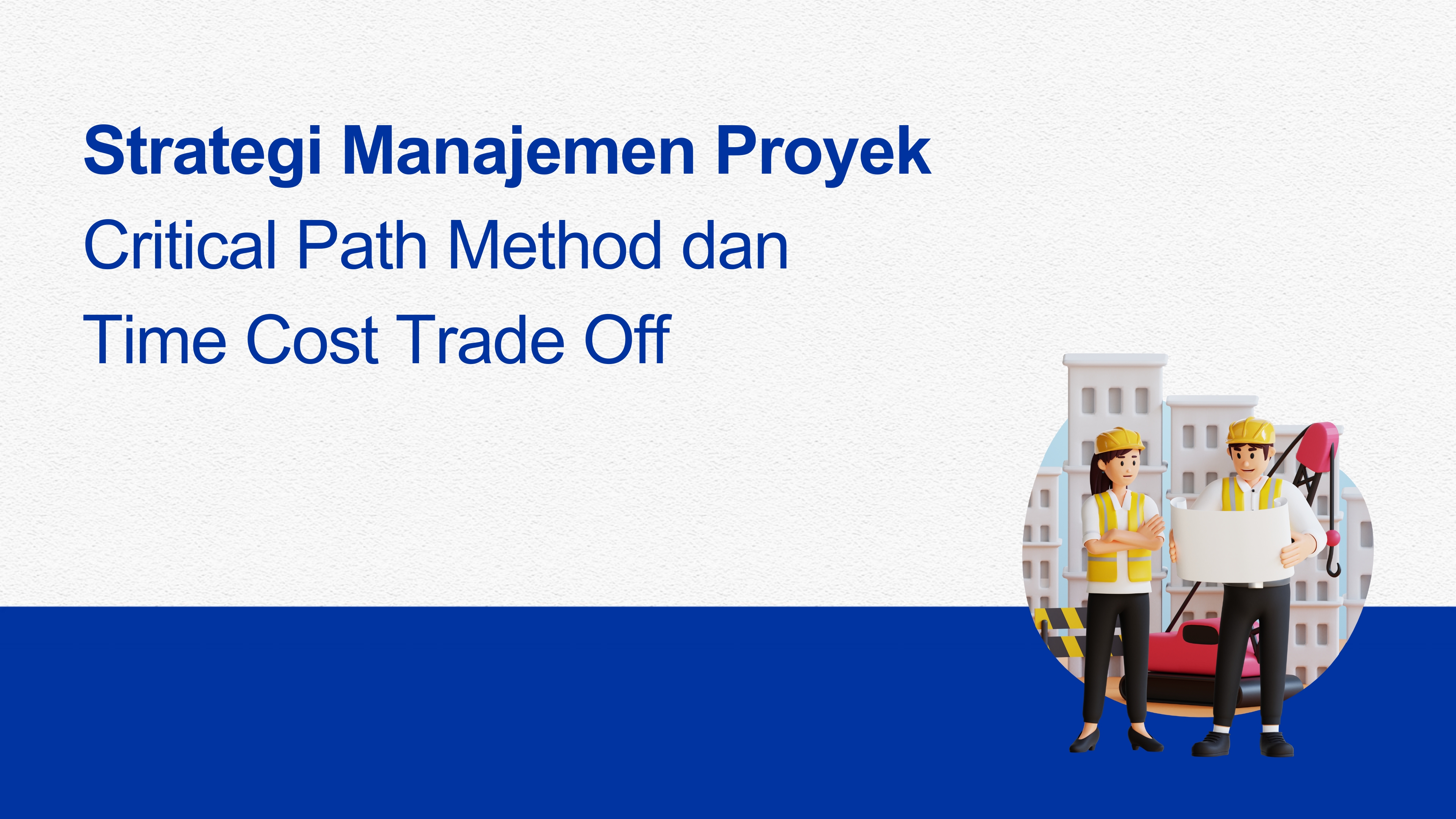Committed to Enhancing Gen Z’s Academic Writing Competence: FBIS UNDIRA Holds International Guest Lecture with Universiti Malaysia Terengganu and Universiti Malaya

Monday, September 29, 2025 — Writing is a bridge that paves the way for distributing information to the world. Through writing, one can make significant contributions that shift perspectives and expand knowledge.
In response to the evolving landscape of academic and general writing in the era of the Internet of Things (IoT) and Society 5.0, the Faculty of Business and Social Sciences at Universitas Dian Nusantara (FBIS UNDIRA), in collaboration with Universiti Malaysia Terengganu and Universiti Malaya, took a strategic step in fostering academic writing potential through an online International Guest Lecture titled “The Art of Academic Writing for Gen Z Scholars.”
Dean of FBIS UNDIRA, Dr. Caturida Meiwanto Doktoralina, M.Ak., Ph.D., emphasized that Generation Z is growing up in an age of abundant access to information. This brings vast opportunities for managing knowledge and publications. However, he also underlined that the convenience offered by technology and AI tends to pose risks—such as negligence and the rise of a culture of instant gratification.
“In one of the studies on contemporary phenomena, we found that literacy weaknesses are becoming more apparent due to declining reading habits and the growing tendency of Gen Z to seek ‘shortcuts,’ which results in written works that may not always be accurate or cohesive,” he stated.

“Technological advancements, particularly in Artificial Intelligence (AI), while opening opportunities, also present a range of challenges—one of which in the writing sphere is plagiarism. Therefore, we must all realize that amid these developments, our morals and ethics as visionary, professional, and integrity-driven academics must not be compromised,” he continued.
Building on Dr. Caturida’s insights on the importance of publication in this digital age, Prof. Dr. Yusliza Muhammad Yusuf highlighted that accurate information sources greatly influence the focus and structure of scholarly publications.
Prof. Dr. Yusliza elaborated that AI can be regarded as a supportive tool for generating ideas and sourcing data. Academic writing, however, should serve not merely as a medium of communication but as a responsibility that requires justification through proper citation. Furthermore, to ensure coherence, she stressed the importance of applying the Inverted Pyramid Style of Writing in academic work. This style prioritizes the most critical information at the beginning, followed by supporting details, and concludes with more specific elaborations. In this way, readers grasp the main point from the outset while subsequent details reinforce understanding without forcing them to search for the core message at the end.
Addressing the concern that AI could blunt creativity and innovation in writing, Dr. Zikri Muhammad emphasized that AI can instead be used as a collaborative tool to support writing. He noted that with proper use, AI can assist in creating mind maps and summarizing key points—both of which can facilitate reasoning and the organization of ideas according to specific objectives.

“When I was a student, we used to read line by line and take notes slowly. Today, with AI, one can easily extract conclusions from entire discussions. Nevertheless, we must not treat AI as a shortcut for writing. Not everything produced by AI is 100% accurate. We must verify the information to ensure the data we use is valid and reliable,” he remarked.
Adding to Dr. Zikri Muhammad’s statement, Dr. Nurul Liyana Mohamad Kamil agreed with the view that AI eases data and theory management, but she also underscored that understanding the target audience is crucial in academic writing. She stressed that humans ultimately have an edge over AI, especially in reasoning.
“While AI can serve as a strong support system for scholars in sourcing and mapping information, we must not allow AI to dictate our thinking. We should ensure that our brains remain in control of how AI is utilized. In writing, we must also thoroughly understand our target audience so that, as responsible scholars, the information we publish can truly provide knowledge to all stakeholders,” she emphasized.
The presence of AI today, which is both flexible and accessible, plays a significant role as a mediator or tool in writing. However, in essence, AI cannot completely transform the landscape of academia and publication. Credibility and integrity remain moral values that cannot be displaced by technological advancement. Through this International Guest Lecture, UNDIRA reaffirms its commitment to promoting the quality of scientific publications that are not only substantial but also trustworthy.
(Danang Respati Wicaksono / Humas UNDIRA)
Press Contact :
Biro Humas & Sekretariat Universitas Dian Nusantara
Facebook : www.facebook.com/undiraofficial
Instagram : www.instagram.com/undiraofficial
Twitter : www.twitter.com/undiraofficial
www.undira.ac.id
Other
.jpg)
Understanding the Turnitin System: Mechanisms and Tips for Students to Pass Plagiarism Checks
Read more
UNDIRA Student Research: Video Game Marketing Strategies and the Secrets Behind Mobile Legends' Promotional Campaigns
Read more
Project Management Strategies to Overcome Time and Cost Constraints: Critical Path Method and Time Cost Trade Off
Read more
Campus Tanjung Duren
Jln. Tanjung Duren Barat II No. 1
Grogol, Jakarta Barat. 11470
Campus Green Ville
JIn. Mangga XIV No. 3
Campus Cibubur
Jln. Rawa Dolar 65
Jatiranggon Kec. Jatisampurna, Bekasi. 17432







